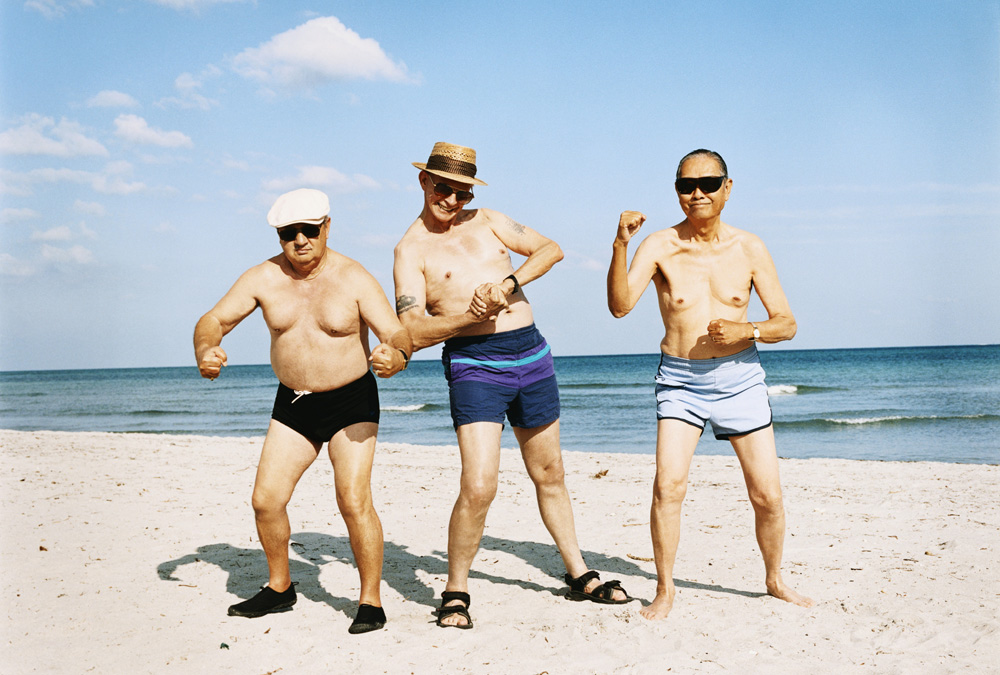Most people over 60 don’t feel as old as the date on their birth certificate suggests. I certainly can’t believe I’m in my 70s and feel sure that I’m really in my early 50s. Most of my friends suffer from similar delusions.
It’s not really that strange that we think we’re younger than we are. We probably remember our parents and grandparents as “old” when they were our current age. It’s common knowledge that we’re healthier and living longer than previous generations.
Why then are we still using the same patronising terms that were around in the 1900s to describe older people? A healthy 60 something today isn’t a “senior” or an “oldie” or “over the hill”.
We believe that retirement is just the next stage of our lives and these years can be some of our most rewarding. We need a more appropriate description of retirees that doesn’t carry the connotation of being “past it”. The name that we like is “super adult”. It acknowledges that we are mature adults who have stood the test of time. In order to reach our 50s, 60s and 70s, we have experienced the highs and lows of life. We have survived successes and failures and we have gained a lot of experience and hopefully, a little wisdom along the way. It’s a privilege to have lived to this age as there are a great many people who haven’t made it this far.
The baby boomers who changed the world in the 1960s and 70s should be able to change these negative perceptions that are being applied to them in their 60s and 70s.
For all of these reasons we need a term which respects our age, experience and accomplishments. “Super adults” does this far better than the dismissive descriptions in common use. If you would like to know a bit more about being a Super Adult, you can check out our “Super Adult” page on Facebook and either make a comment or “like” us.
Obviously it takes time to change peoples’ attitudes and descriptions that have been around since the middle of the last century. Super adults might take a bit of getting used to, but wouldn’t you rather be thought of as a mature, experienced “super adult” than all the rather negative terms currently used to describe us?

